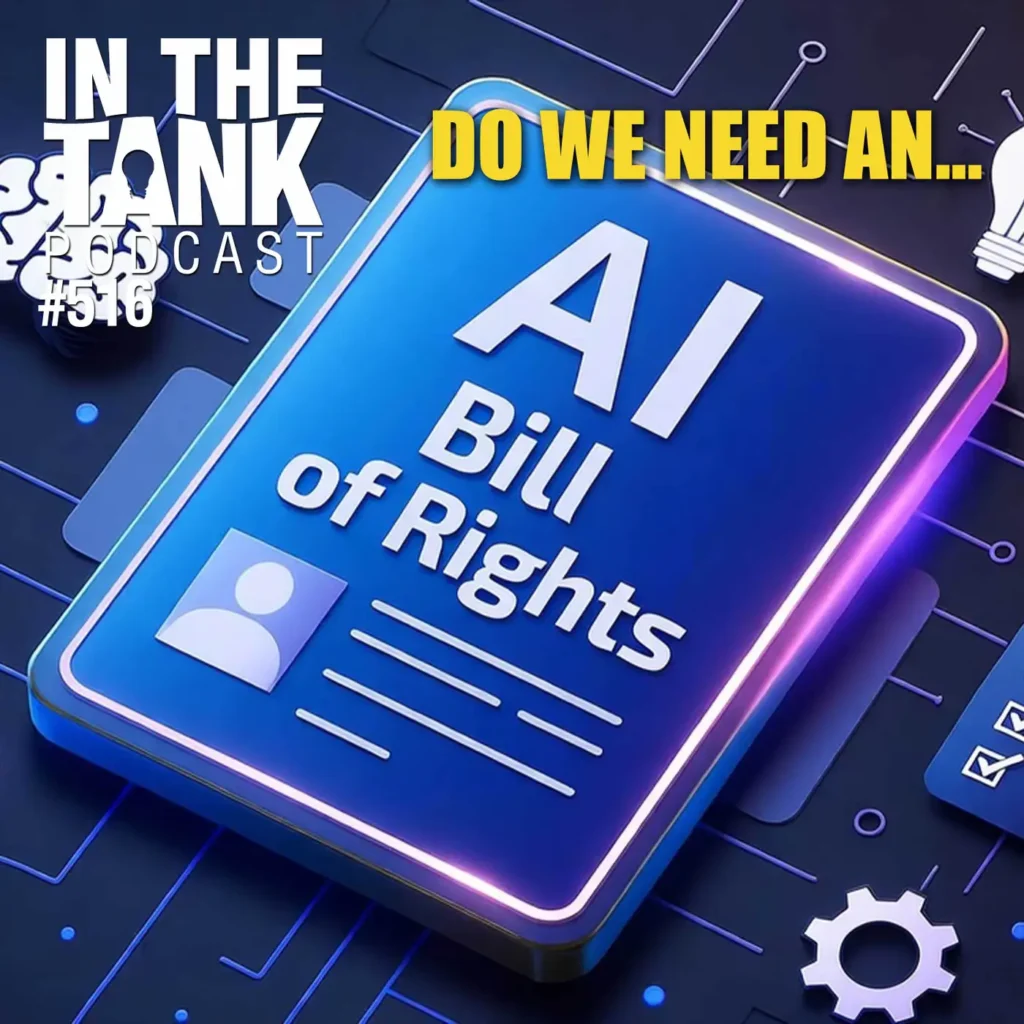According to a recent poll Americans do not want their government to do anything to address climate change that cost them very much.
A survey of 1,000 adults released October 2, conducted by the University of Chicago and the Associated Press-NORC Center for Public Affairs Research, found 72 percent of those surveyed believed climate change was occurring, down from 77 percent asked the same question in August of 2016.
As is true among climate scientists, opinion was divided concerning the main driver of present climate change. Just over half of respondents blamed human activity for warming temperatures, with 44 percent of those surveyed saying natural causes were at least equally (32 percent) or “almost entirely” (11 percent) to blame for climate change. Two percent of those survey said nature was wholly responsible for climate change.
While most respondents said they would support policies to lower carbon dioxide emissions blamed by some for climate change in the abstract, 51 percent said they would be unwilling to pay even $1 more on their electric bill to fight climate change, with the number rising to 71 percent who said they would oppose any climate policies that raised their electric bills as much as $20.00 per month.
As is common in most polls, when respondents were asked to rank the importance of climate change to them personally compared to a variety of other issues including the economy, immigration, health care, terrorism, and energy policy, climate change ranked highest in the number of people who found it “Not important at all,” and, at 48 percent, dead last among those saying it was “very important/extremely important.” Health care ranked highest among respondents with 84 percent saying it was very or extremely important, the economy ranked second in that category at 77 percent. Immigration ranked just above climate change in importance with 50 percent of respondents saying it was very important or extremely important.
Fracking Mixed Bag
When asked “Do you favor, oppose, or neither favor nor oppose the use of hydraulic fracturing, sometimes called “fracking,” in the United States?,” just 17 percent of respondents strongly or somewhat favored down from 19 percent in 2016’s poll. By contrast, the number of those who neither opposed nor favored fracking stayed approximately the same at 37 percent, while the number of those opposed to fracking rose from 38 percent in August of 2016, to 41 percent today.
When those conducting the survey noted a recent study showed in communities where hydraulic fracturing takes place the average household receives approximately $1,900 per year in benefits, the number of respondents strongly or moderately favoring fracking rose to 25 percent, while the number moderately or strongly opposed fell to 33 percent. And when the survey said, “[o]ne recent study found that hydraulic fracturing has saved the typical U.S. household nearly $250 per year on their natural gas bill,” the number of respondents who strongly or moderately favored fracking rose to 41 percent, while the number of those moderately or strongly opposed fell to 25 percent.
H. Sterling Burnett, Ph.D., ([email protected]) is the managing editor of Environment & Climate News.



